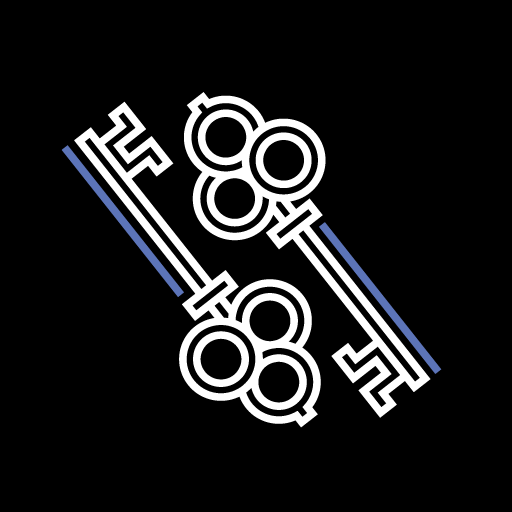The four of us are facing off against a gooey, blue thing that looks like melting mushrooms blended together and gained sentience. The monster, in between bashing us with creepy-crawly awfulness, continually spawns hideous creatures intent on devouring us or rampaging through the town we've sworn to defend. Our motley mages have spells both piddly and powerful at our disposal, depending on the draws from our thin decks.
The match comes down to the wire, to a bit of bad random luck that gives the monster a couple turns in a row to devour the last of us. If we'd managed another shot, the blistered, beaten creature would've been turned to ash.
Aeon's End, and in our case, Aeon's End: Legacy is a cooperative deck-building game that acts as the father, and deeper alternative to, another game we've enjoyed: Harry Potter: Hogwarts Battle. Four wizards unite to bring down enemies, having to choose between buying ever more powerful spells and gear or actually attacking the creatures that will, inevitably, destroy you if things go on too long.
The central tension in both games comes from, on your turns, deciding where to invest your scant resources as you work together as a team. Because every player gets one turn per round, while the villain gets two (at least when playing with a full four), it might make sense to pour resources into making sure your buddy over there gets a chance to ready up his fireballs because his turn comes next rather than buying a new spell for yourself that might take another two or three rounds to come into play. There's also the question of whether you waste your precious damage on the minion swarms, or send it after the big bad, which must be defeated to win.
Unlike games like Pandemic, where a single vocal player can, more or less, dictate the moves for everyone, Aeon's End carries too much complexity and somewhat randomized turn order, making it difficult to plan too far ahead beyond taking generalized roles like focusing on support, damage, etc.
Hogwarts Battle, which was otherwise a lovely thematic experience, suffered from its randomized setup and, as the games went on, a very bloated market that both combined to, like Candyland, often deliver setups that were easy wins or crushing defeats from the start. Aeon's End, by putting far more strategic input in the player's hands, such as control over what goes into that market, makes each game feel less like the product of mayhem and something you decided.
All that being said, Aeon's End isn't easy. It's more punishing on the whole than Hogwart's Battle and requires more investment from its players to put together smart turns. We're on the third scenario and every game we play comes to the wire. It's possible we all just suck, but seeing as we completed Hogwarts Battle and its notoriously hard expansion, I think it's more that the difficulty here is just up another notch.
There's also the generic fantasy theme. Compared to an iconic fantasy franchise, it's harder to define yourself in Aeon's End. The villains tend to be nameless horrors rather than someone as iconic as Voldemort. Not that generic fantasy is bad, but this game is going to appeal more for the gamers among you, the ones that want to sling cardboard strategy rather than cardboard sagas.
So where does that leave us?
We'll keep pulling out Aeon's End until we chew through the whole legacy game. Whether we go beyond that to seek out the non-legacy versions, it's too early to tell. If you're looking to break into this type of board game, though, I think Hogwarts Battle, even with its imperfections, makes for a cleaner, easier introduction. Then, once Voldemort and Co are roasted and toasted, Aeon's End makes for a good next adventure.


